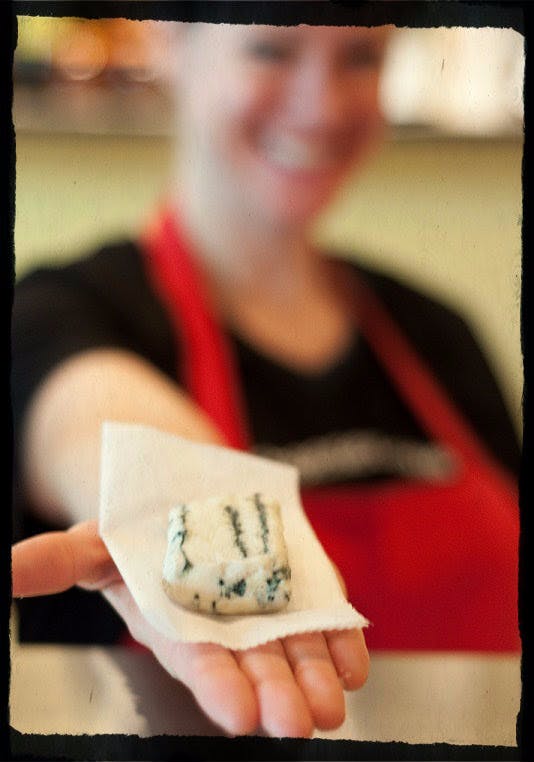Gluten and Rennet and Lactose… Oh My!

Got questions about how special dietary needs might affect your love of cheese? You’re not alone. Here’s some info to put your mind (and tummy) at ease.
gluten
Some particularly sensitive gluten avoiders have asked if blue cheese, sometimes made with mold grown on bread, is safe. The answer is yes. The gluten detected in blue cheeses that use grain to grow their mold is so low as to be undetectable. One type of cheese to avoid, however, is anything washed in or containing beer (example: Guinness Cheddar).
rennet
Most folks are ok with traditional rennet, which is derived from the stomach lining of animals (remember – no animal is ever sacrificed only for rennet). However, some choose to stick with “vegetarian” cheeses, which use plant-based or synthetic rennet to coagulate the milk. In actuality, most cheeses are vegetarian, as using animal rennet is much more high-maintenance. If you're avoiding animal rennet, just ask your cheesemonger to point you in the right direction.
lactose
Cheese is made from milk. All milk has lactose. The good news is that almost all lactose is washed away in the cheese-making process so very little ends up in cheese. Then, as the cheese ages, any remaining lactose breaks down very quickly. If you are severely lactose intolerant, focus on hard-aged cheeses. If those still bother you, perhaps you are cow’s milk intolerant, not lactose intolerant.
